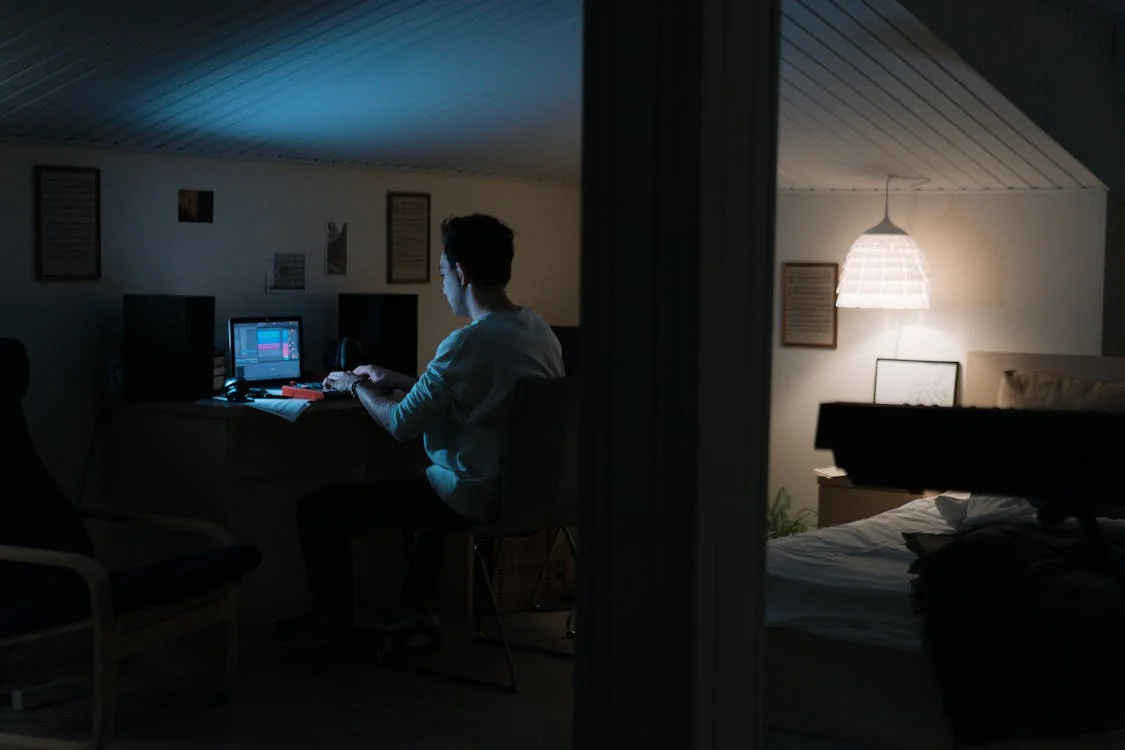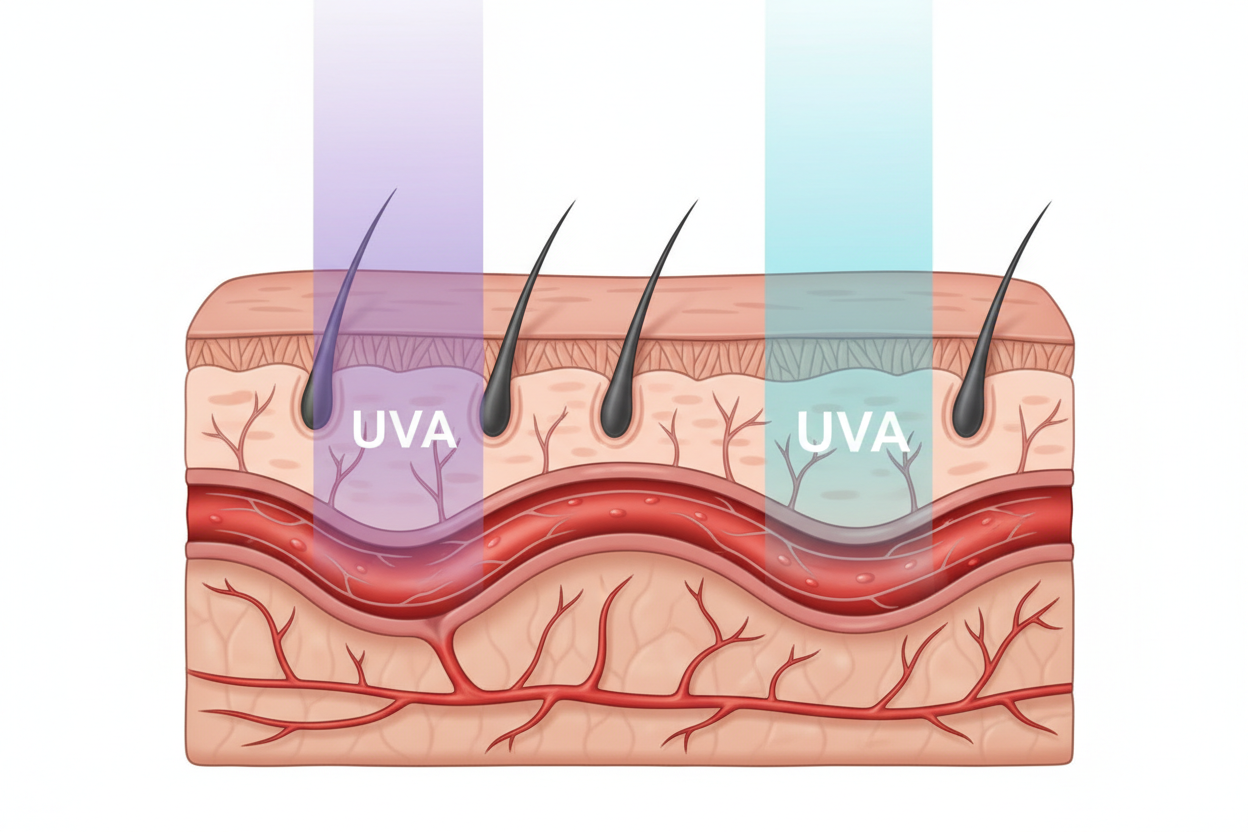Modern times have brought many changes to our lifestyle, including how we are exposed to light. Artificial lighting is ubiquitous and often disrupts our natural rhythms. A new study led by Daniel P. Windred reveals how these changes can affect our health, specifically the risk of developing type 2 diabetes.
Huge data set reveals connections
Windred's team analyzed an impressive amount of data – 13 million hours of recordings from light sensors and 670,000 person-years of prospective observation. Thanks to this, scientists were able to examine in detail how different patterns of light exposure are related to the occurrence of type 2 diabetes.
The results are fascinating. People who spent more time in natural daylight and less under artificial lighting at night had a lower risk of developing diabetes. Conversely, those who were more exposed to artificial light, especially during nighttime hours, had a higher likelihood of developing this disease.
Why is it important?
Type 2 diabetes is a chronic disease that affects millions of people worldwide. It is associated with a number of serious complications, including heart disease, nerve damage, and kidney damage. Therefore, diabetes prevention is key to improving public health.
This study suggests that one of the factors that may influence the risk of diabetes is how we are exposed to light. Natural daylight appears to play an important role in regulating our metabolic processes and may help maintain healthy blood glucose levels. Conversely, excessive exposure to artificial light at night can disrupt our biological rhythms and lead to metabolic disorders.
What can we do about it?
The study results offer several practical recommendations on how to optimize our light exposure:
1. Spend more time outdoors during the day. Try to spend at least some time each day in natural daylight, whether it's a walk in the park or lunch outside.
2. Limit artificial lighting at night. Try to minimize the use of electronic devices and bright lighting in the evening hours. If you need to work on a computer, consider using blue light filters or night modes.
3. Support a regular sleep schedule. Try to go to bed and wake up at the same time every day. Exposure to morning light can help synchronize your biological clock.
Conclusion
Windred's study offers a new perspective on how our light environment affects our health. It shows that simple changes in our daily habits regarding light exposure can have a significant impact on the risk of type 2 diabetes.
Of course, this is just one study and further research is needed to fully understand all the connections. However, the results are convincing enough for us to start thinking about how we can optimize our light exposure for better health.
So, what do you say – shall we go for a walk?





Leave a comment
This site is protected by hCaptcha and the hCaptcha Privacy Policy and Terms of Service apply.